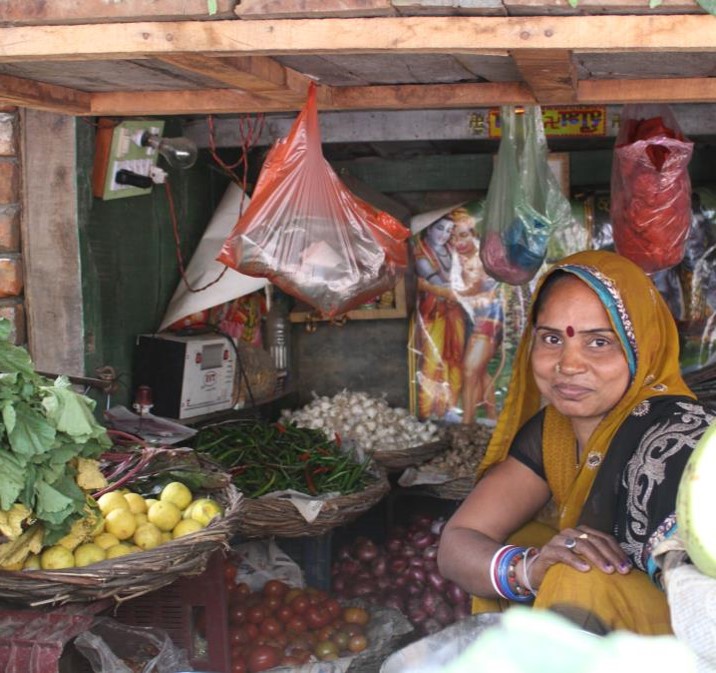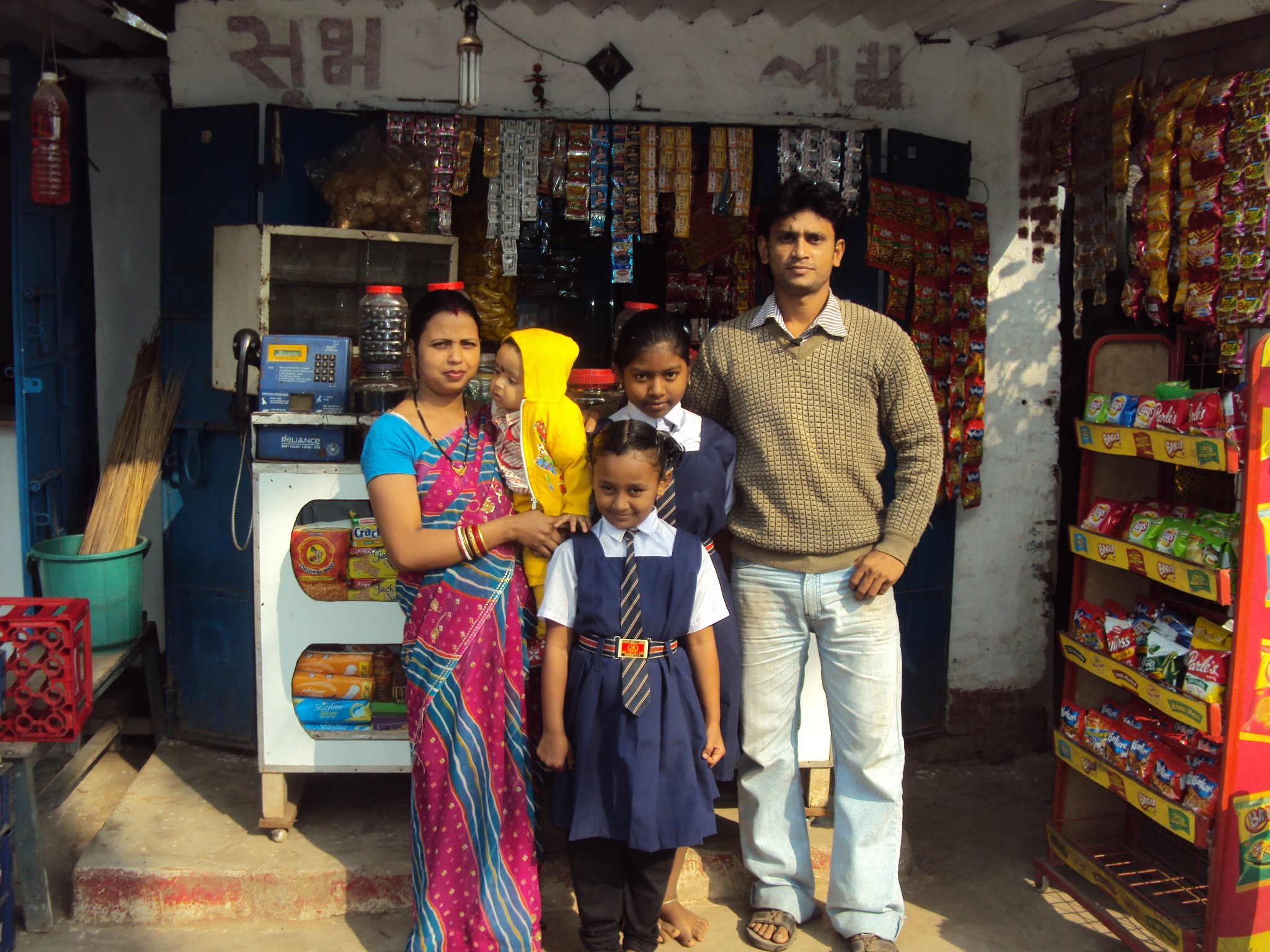How important is education in breaking the cycle of poverty?
What is poverty? Twenty or thirty years ago, we thought of poverty in terms of a lack of income or lack of wealth. It was almost always considered through a financial lens. Since then however, we have come to understand that although lack of income or assets or wealth are important dimensions of poverty, this is a very partial understanding of it. Instead, these days we more holistically conceptualise poverty as a lack of choice. Or a lack of the ability to make decisions, allocate resources or undertake activities to bring about beneficial outcomes. If poverty is a lack of choice, how then do you enable families to have choices? There are two equally important aspects to this question.

The first aspect is increasing the resources available to families so they can buy life’s essentials – food, clean water, homes, education and medical services. However, while resources are absolutely necessary, they are not sufficient on their own. You also need to know how to use them. You need the knowledge to make informed choices about how best to use your resources to solve a problem or get the most out of an opportunity.
I can illustrate this concept by the example of a mother living in an isolated rural area in Northern India whose young child is ill. If the woman doesn’t know that preventable illnesses can be caused by the child’s living conditions and lack of hygiene, she may believe the child has a spiritual illness and consult a faith healer. This often occurs in villages in India and it’s heartbreaking to see children die of diseases that could have been prevented and treated if the family had a basic understanding of health and hygiene.
So, to break the cycle of poverty you need resources, you need tools to help grow resources and manage your finances and you also need education to help you understand how to make informed decisions, how to choose between multiple options and how to avoid problems. Together, resources and knowledge powerfully reinforce one another.

That’s why, as well as providing microfinance, Opportunity International Australia is passionate about working with a health education program in India. Several of Opportunity’s female loan recipients are trained as health workers and they each go on to educate up to 200 families in their local community each year. These health leaders are crucial to educating families about how to prevent common illnesses that are caused by inadequate hygiene and also how and when to seek medical assistance from a qualified health professional.
So, poverty is much more than a lack of income. It’s also a lack of knowledge. And knowledge about critical health issues could be the difference between life and death for a family living in poverty in a remote rural area of India.